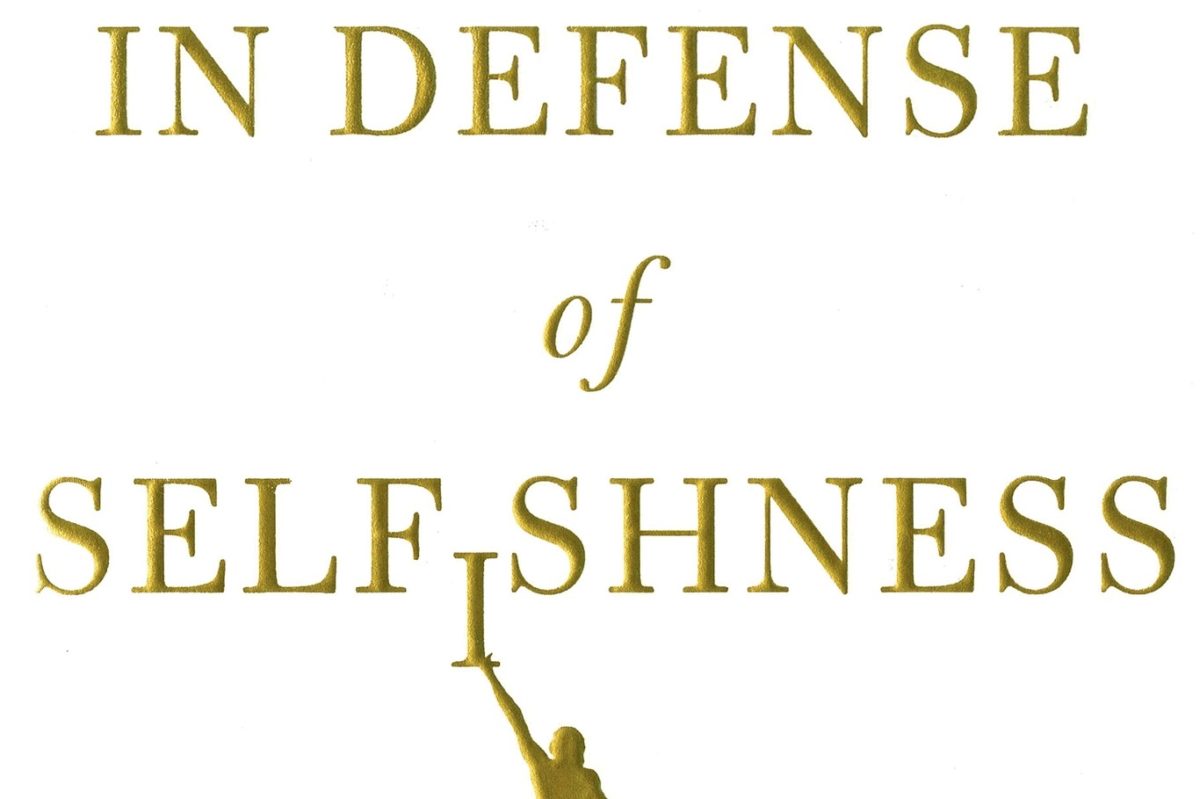Recently Mitt Romney has sustained criticism for his time managing the private equity group Bain Capital. Attacks from Obama’s campaign and a subsequent flurry of media coverage have centered on a Kansas City steel mill Bain acquired as part of GS industries. Bain Capital closed the mill when high overhead and low steel prices made it unprofitable.
Cutting unprofitable, and therefore unproductive, parts of a company is a necessity of doing business. Even though leaving the mill in business would have dragged the productive parts of GS Industries down with it, Obama’s campaign has denounced Romney for making profits while 750 employees at the mill lost their jobs.
During the bankruptcy and restructuring of GM, the Obama White House also pushed GM into closing down many dealerships as a way of cutting costs. Yet critics of Romney do not attack Obama for “downsizing.”
Conservative commentators claim that this double standard is the result of liberal media bias. That might be true, but there is a double standard deeper than politics at play here.
Critics see that Romney was in the business to make money, but think that Obama was just trying to save a collapsing company from the effects of bankruptcy. Because making huge profits is typically seen as morally suspect, the accusation that Romney buys companies, sucks the life out of them by firing their employees, and then sells them for a profit can seem plausible. The question of why any company would submit itself to such corporate vampirism, or how exactly Romney would make money from destroying companies is never answered because profits are already associated with evil.
As many commentators have already noted, private equity firms are actually a crucial part of the economy. As a private equity firm, Bain Capital makes its money by buying failing or underperforming companies, breathing new life into them with restructuring or new capital, and then selling them at a profit. When it could not turn GS industries around, Bain liquidated the company’s assets. This transferred capital from an unproductive sector of the economy into one that is actually able to make money.
Condemning Romney for shutting down the mill is equivalent to demanding that he run GS industries not as a productive company, but as a twisted sort of charity; an entity that does not aim to produce, but to provide the illusion of a productive life to dependents.
Just as doubts about selfishness stained Romney’s productive actions, the halo of selflessness was able to whitewash some of Obama’s questionable business practices. According to contracts promised to the various owners of GM, the assets were to be divided among bondholders, the autoworkers union and the US treasury. Ignoring the contract, the Obama administration awarded the bondholders less than they were entitled to during the bankruptcy under the rationalization that the shareholders had to make a sacrifice to the greater good of the company and the American economy as a whole.
This reversal is caused by the precept that it is morally good to sacrifice one’s self to others and evil to be concerned with one’s own happiness.
What few have stopped to ask is why we should accept this precept. Why is it wrong to make money for yourself, but right to give it to others? Are these others immoral for accepting your alms? Would the ideal world be populated by people who never consumed, but instead continuously donated wealth to one another in an endless loop? Why stop with material values? Should we stop hanging out with our friends, whose company we enjoy, and instead seek the company of murderers and child molesters, who are universally despised and therefore socially impoverished?
Obviously we should befriend only good people, and avoid bad people. But what do “good” and bad” even mean? Good or bad for whom? The reason we need to judge people or things as good or bad is because some things enable us to live a successful life, and other things don’t. A good friend is good because he makes one happy, not because he renounces his own happiness. A good employee is good because he produces wealth, not because he gives it up. Self-sacrifice turns morality upside down by asking us to embrace people who lack or destroy value and renounce those who seek to acquire value for their own benefit.
This moral inversion is dramatized in the difference between Romney’s and Obama’s business dealings. Romney, who had to be honest so that investors would trust him, would award his own money only to people who can produce more with it (good for managers and employees). Obama, who knew he could get away with breach of contract if it was for a “good cause,” took our money and allocated it to a company that had already demonstrated that it could not produce effectively (bad for managers, employees, and taxpayers). When one applies a consistent standard of the good, it is the pursuit of self-interest, not sacrifice that forms the basis of a consistent moral code.
By failing to consider the virtue of self-interested action, we look at the Bain situation in a biased way; we apply our preconceived notions of what self-interest entails and concentrate on the fact that Bain fired people while we ignore the good that it achieved. Whether or not he is a good candidate for president, it is unjust to condemn Romney for the productive, moral achievements of his business career.





